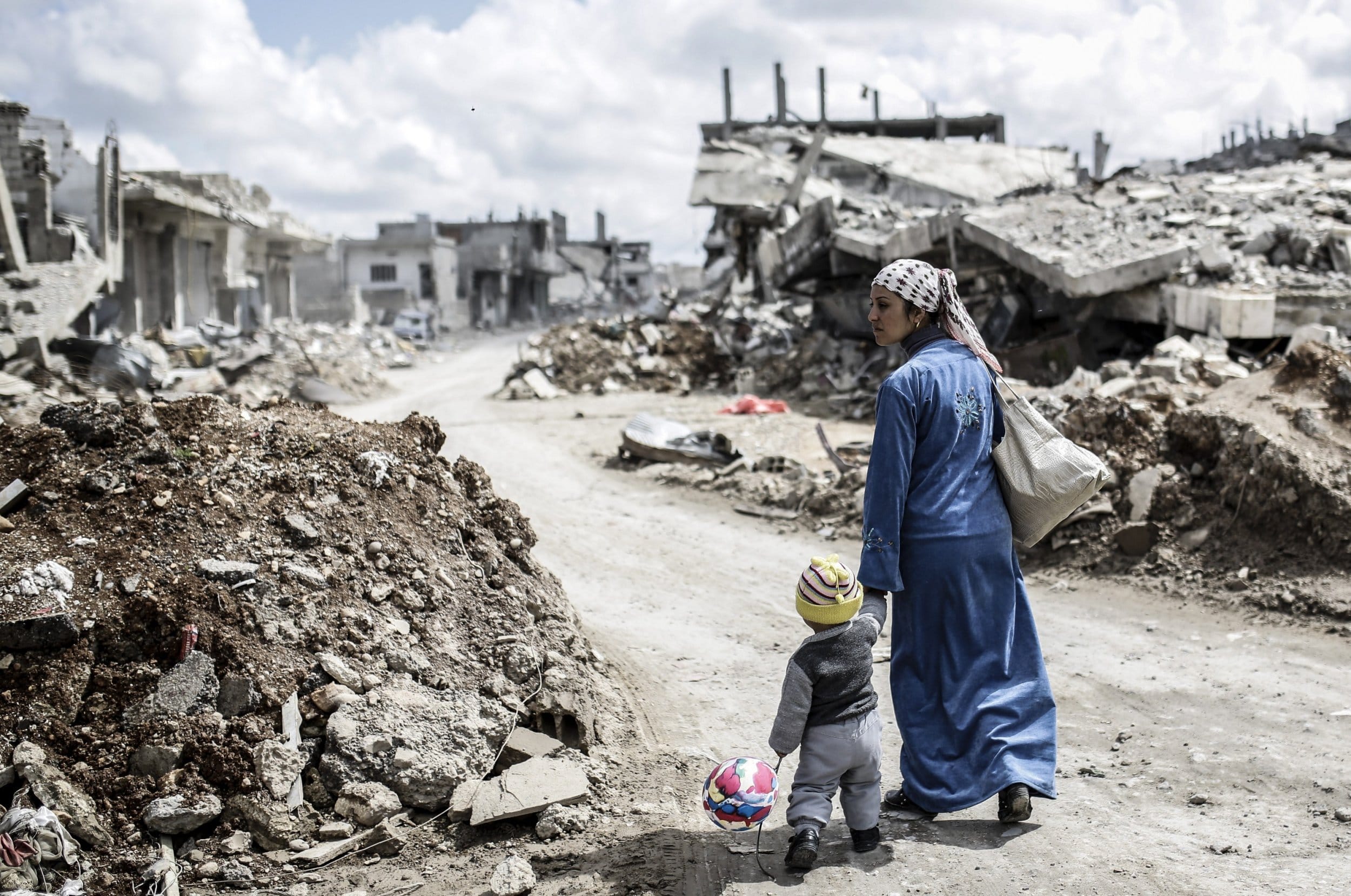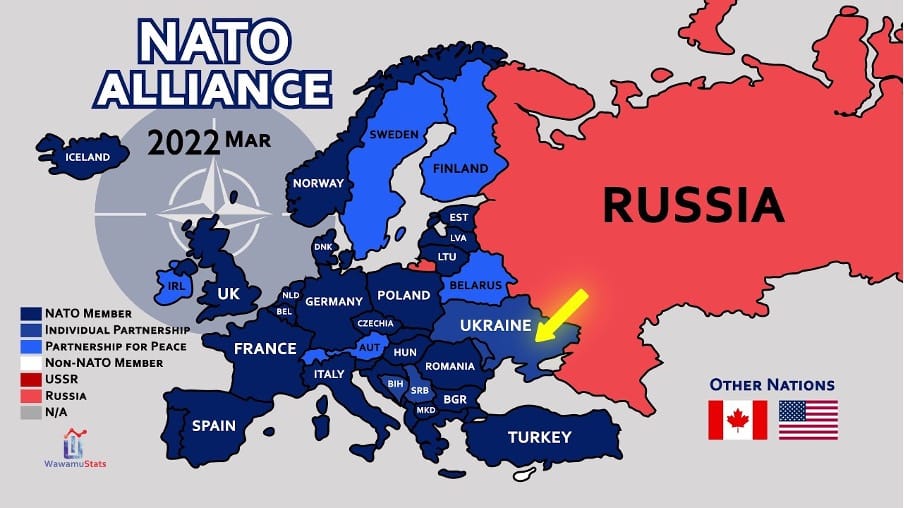The Syrian civil war, which erupted in 2011, has been a significant and complex conflict involving multiple domestic and international actors. The Assad regime, initially facing widespread protests, has endured a protracted struggle against various opposition groups, including extremist factions. Throughout this tumultuous period, Russia has played a crucial role in supporting the Syrian government, providing military, political, and economic backing. However, recent developments suggest that the regime’s hold on power is increasingly tenuous, and this situation has implications for Russia’s global ambitions.
Historically, Russia’s involvement in Syria can be traced back to strategic interests in the region, including access to warm-water ports, securing military bases, and maintaining influence in the Middle East. The 2015 intervention marked a turning point, with Russian airstrikes significantly bolstering Assad’s military efforts against opposition forces. This support allowed the regime to regain territory and consolidate power, leading to a relative stabilization of the Syrian government over the past few years.
However, the dynamics of the conflict are shifting. Several factors are contributing to the current challenges faced by the Assad regime. Internally, the economic situation in Syria is dire, exacerbated by years of conflict, sanctions, and the COVID-19 pandemic. The lack of resources has led to widespread discontent among the population, which could jeopardize the regime’s stability. Furthermore, the increasing presence of various armed groups and the growing influence of external actors, such as Turkey and Iran, complicate the landscape for the Assad government.
Externally, the geopolitical landscape is evolving, with the United States and its allies reassessing their strategies in the region. The Biden administration has taken a different approach compared to its predecessor, emphasizing diplomacy and multilateral engagement. This shift could alter the balance of power in Syria, impacting Russia’s influence and complicating its efforts to maintain a foothold in the region.
Moreover, the changing international dynamics are reflected in the relationships between Russia and other countries involved in the Syrian conflict. Turkey, a key player in the region, has been pursuing its interests, often at odds with Russian objectives. The recent rapprochement between Turkey and the United States also poses challenges for Moscow, as it seeks to counterbalance U.S. influence in the Middle East.
Additionally, the fragmentation of the opposition forces has led to a more complex battlefield, with various factions vying for control. The rise of extremist groups has complicated the situation further, as Russia must navigate a landscape where its allies are often at odds with one another. This fragmentation presents a significant challenge to Russia’s ambitions to stabilize the region and project power.
As the situation in Syria evolves, it becomes increasingly apparent that Russia’s support for the Assad regime is not a guaranteed pathway to long-term influence in the Middle East. The regime’s reliance on external support highlights its vulnerabilities, and the potential for a shift in power dynamics raises questions about Russia’s strategic objectives.
The implications of the Syrian conflict extend beyond its borders, as the outcomes could affect Russia’s relationships with other nations in the region and its global standing. The struggle for influence in Syria is emblematic of broader geopolitical rivalries, with Russia vying for a position of strength against Western powers and regional players.
In conclusion, the decline of the Assad regime underscores the limits of Russia’s global ambitions. While Russia has successfully supported the Syrian government in the short term, the enduring challenges faced by the regime reveal the complexities of maintaining influence in a volatile region. As the situation continues to evolve, the future of Russian engagement in Syria and its broader geopolitical aspirations remain uncertain.


